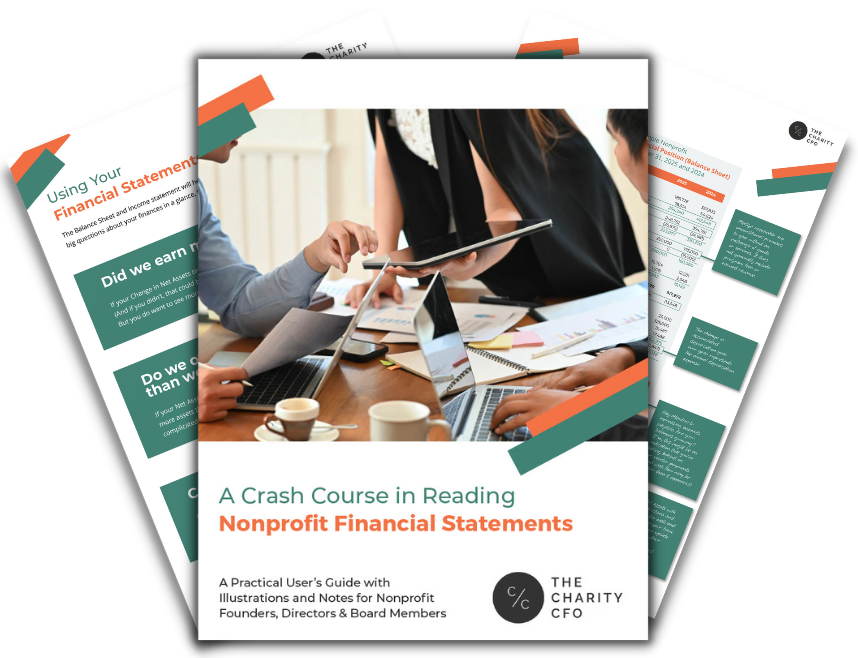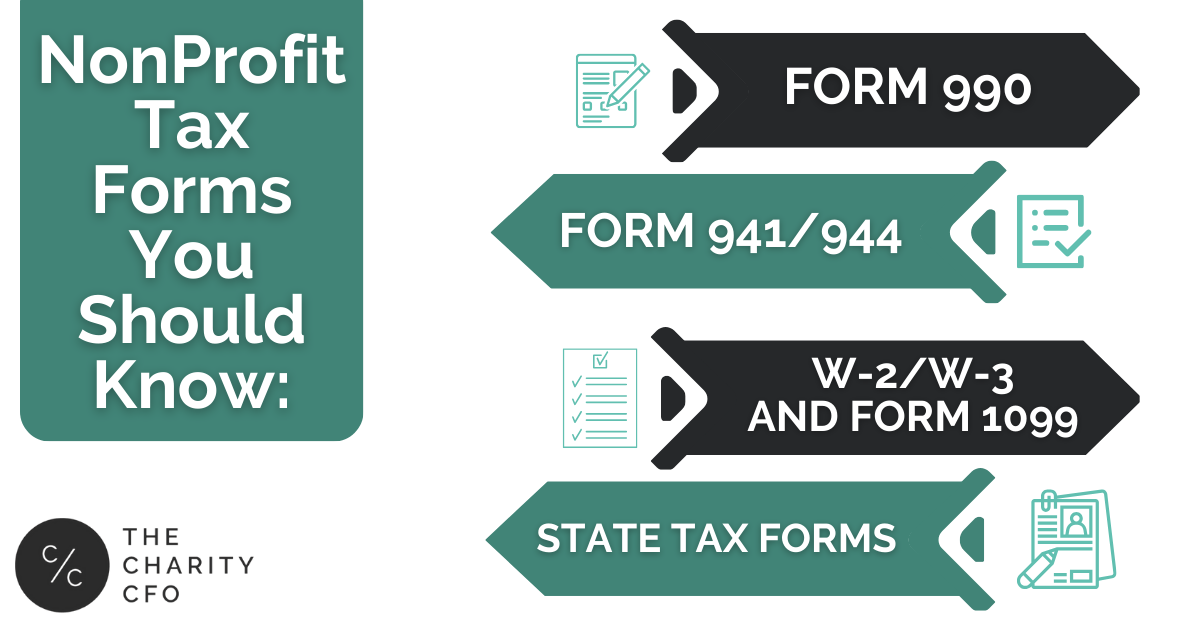Taxes are rarely anyone’s idea of fun, but meeting nonprofit tax deadlines is critical to keeping even the most successful and impactful charities running.
Unfortunately, they can often sneak up on busy nonprofit leaders, leading to a last-minute scramble to file – or worse.
So, what should organizations keep in mind about tax deadlines? Read on as we break down the basics.
What Nonprofits Need to Know About Tax Deadlines
While it’s common knowledge that nonprofits aren’t responsible for paying taxes on the money they bring in, that doesn’t mean they’re off the hook from filing taxes altogether. In fact, nonprofits and charities must file annually to provide the IRS with updated information on their activities.
However, unlike individuals, nonprofits can have varying deadlines for when their returns need to be filed.
Form 990
Form 990 and its variations are the most common federal form required of nonprofits. It provides information on the organization’s:
- Purpose
- Structure
- Revenue
- Spending
- Current balance sheet
It’s also available in an “EZ” version, which is a simpler version for nonprofits with less than $200,000 in gross receipts per year and less than half a million in assets, as well as an even shorter 990-N, for organizations with under $50,000 in gross annual receipts.
Form 990 is generally due on the 15th day of the 5th month after an organization’s fiscal year ends. For example, those with a fiscal year ending on December 31st would have a due date of May 15th.
Form 941/944
Form 941 is a quarterly update to the federal government on the nonprofit’s employment situation. It covers things like the following:
- Number of employees
- Wages paid
- Federal taxes withheld
The deadline is the final day of the month following the end of the quarter. Form 944 provides similar information but is filed annually by January 31st of the following year instead of quarterly and only applies to smaller organizations with employment tax liability under $1,000.
W-2/W-3 and Form 1099
Nonprofits with employees (W-2) or who use contractors (form 1099) will need to submit the proper federal tax documents to these individuals and the federal government.
The deadline for both parties is typically January 31st of the year after the work occurred.
State Tax Forms
In addition to federal filing requirements, states also have various forms to be filed and deadlines that need to be met. This can vary widely, so consulting with a local tax professional or state tax officials is the best option for ensuring organizations are fully aware of their additional responsibilities.
Are You Aware of the Consequences of Not Filing Taxes?
The consequences of not filing can be serious and varied. At the most basic level, failing to file on time or completely can result in financial penalties from the IRS. Leaders and board members can even face legal trouble for not filing.
Meanwhile, word of tax trouble can scare off donors, who risk losing the tax-deductible status of their donations if the organization loses nonprofit status.
What is Auto-Revocation?
Auto-revocation is a term no nonprofit wants to encounter. It refers to one of the most significant punishments possible for an organization: removing its federal tax-exempt status.
As its name suggests, this happens to U.S. nonprofits automatically after failing to submit tax returns for a specific period, currently three years. Going forward, the organization will be required to pay taxes like any other for-profit business and may be responsible for back taxes and penalties for the years it failed to file.
This is a significant financial blow to many (now-former) nonprofits, which is why it only occurs after several years of missed filings. The goal is only to penalize organizations that willfully avoid filing or are extremely negligent in compliance.
Already Had Auto-Revocation? Here’s How to Handle It
Receiving a notice of auto-revocation can be scary for any nonprofit leader. Fortunately, auto-revocation isn’t a permanent punishment for every organization.
The first step to fixing the problem is re-applying for tax-exempt status with the IRS. You’ll typically need to pay application fees again and explain the circumstances that led to your auto-revocation. Often, organizations will also have to submit returns for previous years.
The IRS will then consider your case and potentially restore your status. However, this can take several weeks or months, though tax officials can apply your reinstatement retroactively to cover any gaps.
The final step is preventing this serious issue from happening again by setting up robust, regularly reviewed systems to ensure tax compliance and other legal requirements are fulfilled.
Don’t Miss Any Nonprofit Tax Deadlines
By now, it should be obvious that meeting nonprofit tax deadlines is among the most vital and essential duties of leaders, who need to protect their tax-exempt status at all costs.
While taxes can be complicated and overwhelming, nonprofits, fortunately, don’t need to manage it all alone.
The Charity CFO offers tax services and guidance for organizations from our experienced financial professionals with an extensive background in the nonprofit world. Contact us today to learn more and ensure your next tax deadline is stress-free.

Do You Struggle to Make Sense of Your Financial Statements?
Get our FREE GUIDE to nonprofit financial reports, featuring illustrations, annotations, and insights to help you better understand your organization's finances.
Get the free guide!



0 Comments